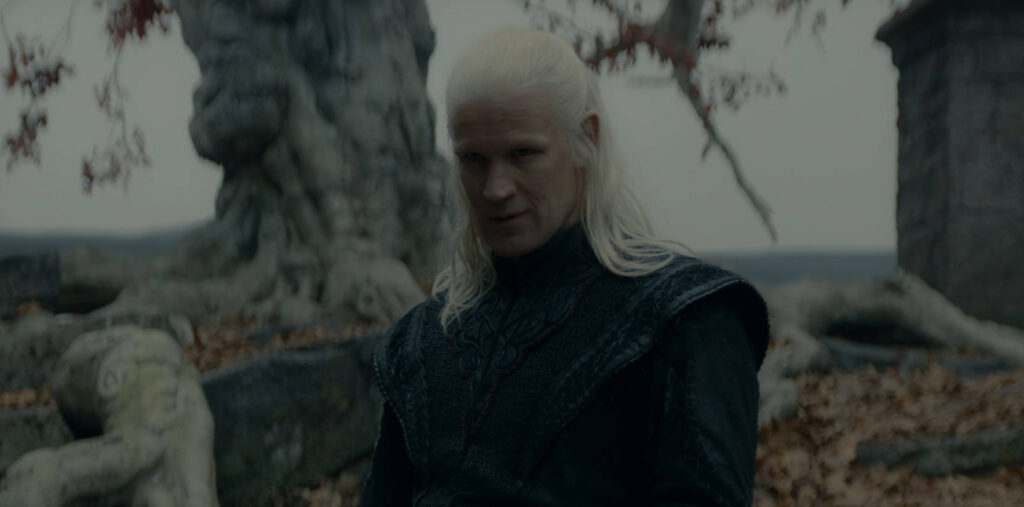- Some have questioned the need for a Harry Potter TV series
- Several more Game Of Thrones spin-offs are planned
- Has the TV world stopped taking chances on new ideas?

It’s a strange time for TV right now. Netflix is cutting back on new shows like they’re overgrown branches. Opportunities in the TV are being squeezed. Instead, money is being thrown in the direction of already established franchises.
The new Harry Potter TV show on HBO has already proved controversial. Some see it as a tacit endorsement of JK Rowling’s strongly-held views on transgender rights. Some have questioned why such a show needs to exist when eight beloved films came out between 2001 and 2011. The story’s already been told – do we have to tell it again?
Then, there’s Game Of Thrones. One spin-off is innocuous enough – House Of The Dragon’s been an unsurprising success and is about to enter production on its third season. Even so, there’s still numerous other spin-offs in the works. At one point, there were seven new series in different stages of development. The question’s got to be asked – how much Game Of Thrones is too much Game Of Thrones?
What does this say about TV right now?
At some point, the story has to end. But for some big-name franchises like Harry Potter and Game Of Thrones, the universe doesn’t stop expanding. They’ve become cash cows – they’ll reliably bring in large audiences and generate huge sums.
But is this a sign of concern? The landscape looks a little concerning when money is pumped into existing franchises because they’re a safe bet, instead of creating new yet still potentially lucrative future hits. On the other end of the scale, Netflix has become notorious for its ruthlessness in cancelling shows after just one season, such as the Jeff Goldblum-starring fantasy series Kaos.
Of course, Netflix won’t recommission something nobody watches and uses a variety of data metrics to make its decisions. For example, it’s believed that if less than 50 per cent of viewers make it to the end of the season, the show won’t get renewed.
Expert Stefan Lederer told Newsweek that this could have its downsides. “There is an argument to be made that Netflix is too hasty when canning shows. Not every TV show will immediately become a worldwide phenomenon like Stranger Things or Squid Game.. Some TV shows have a slower burn and build-up viewership over time,” he said.

“For example, the first season of the U.S. version of The Office was deeply unpopular with audiences, but they tweaked the format and some of the characters for the second season, and it went on to be viewed as one of the greatest sitcoms of all time.”
It could also backfire if it means audiences aren’t so likely to pout their time and energy into a show that’s only going to get canceled.
“Overall, Netflix needs to strike a balance between canceling shows that have performed poorly while also taking the occasional gamble on shows that may not have taken off in one season, but there’s evidence it’s building a following and could become a hit over time,” he said.
But do reboots always work?
Then again, we’ve come to learn that mining nostalgia or resurrecting an old show isn’t a surefire way to make big bucks either.
The TV spin-off of the 1999 film Cruel Intentions was canceled after just one season, for example. Similarly disastrous was the live-action Powerpuff Girls reboot, which was abandoned before it made its way to screen.
In fact, in TV, knowing when to stop before the quality rapidly nosedives is almost a skill in itself. Really, there’s no winning formula. Data might be helpful, but numbers can only go so far in explaining what a show could mean to an audience, or if it’s a slow burn success in the making.